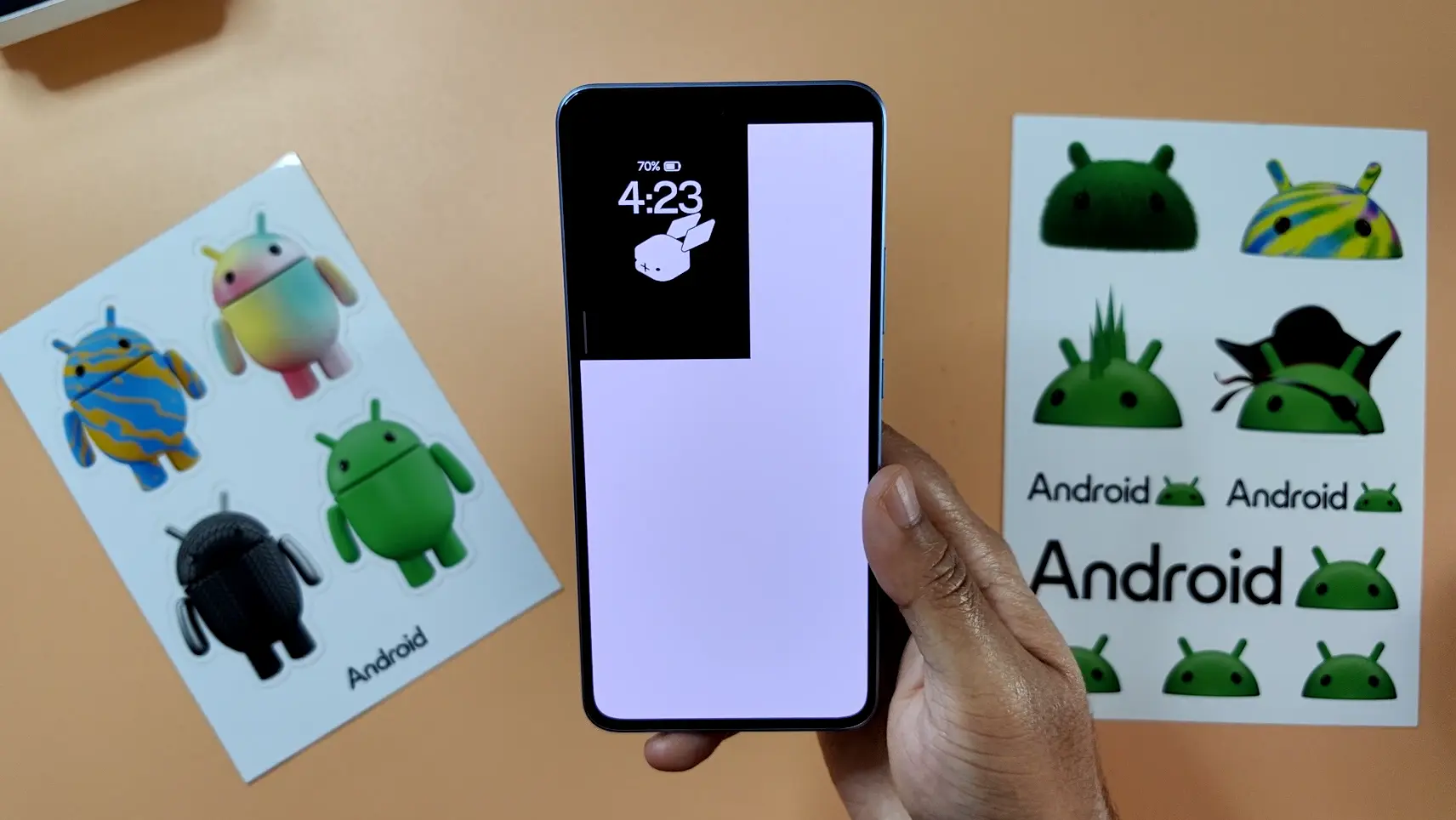No, you don't need a 'very bespoke AOSP' to turn your phone into a Rabbit R1 — here's proof
No, you don't need a 'very bespoke AOSP' to turn your phone into a Rabbit R1 — here's proof

www.androidauthority.com
No, you don't need a 'very bespoke AOSP' to turn your phone into a Rabbit R1 — here's proof

- Rabbit R1, AI gadget, runs on Android app, not requiring "very bespoke AOSP" firmware as claimed by Rabbit.
- Rabbit R1 launcher app can run on existing Android phones, not needing system-level permissions for core functionality.
- Rabbit R1 firmware analysis shows minimal modifications to standard AOSP, contradicting claims of custom hardware necessity by Rabbit.